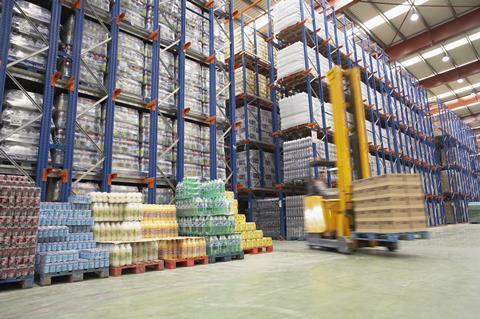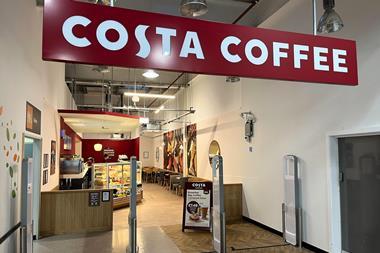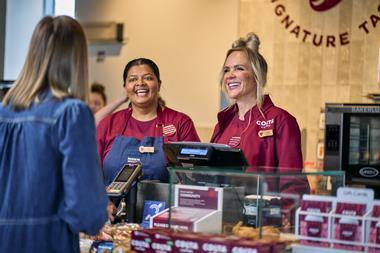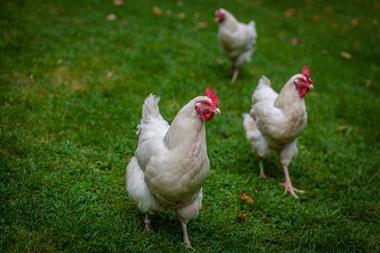
Foodservice wholesalers who were negatively affected by the pandemic are beginning to receive support from the Covid-19 Additional Relief Fund (CARF) despite slow progress.
The scheme, which was set up by the government in March 2021 to help businesses which had missed out on the support provided to the retail and hospitality sector, is administered by local councils.
However, only a third of councils have made payments from CARF so far, according to a study by property consultancy firm Gerald Eve.
Consequently, there is still uncertainty amongst some businesses over how much support they will receive.
Local councils were only informed of the amounts they would be permitted to distribute on 15 December, and the amount of relief which will be offered is contingent upon the number of applications.
As a result, some councils are withholding payouts until they have received all their applications, which is causing delays.
“The government actually had to change legislation in order to do this, and that takes months. That’s the frustration for everyone,” said Federation of Wholesale Distributors communications director David Visick.
“I don’t think we know of anyone who’s been refused, so it’s simply slow progress which is the issue at the moment.”
Many foodservice providers initially believed they would receive a cash payout from the government scheme, in order to account for 2021 losses caused by the pandemic.
However, businesses are facing the reality that support will take the form of business rates relief for the 2022-23 financial year.
The Grocer understands one Essex wholesaler was recently informed their business rate liability for the next financial year would be reduced to zero as a result of applying through CARF.
“Some councils might do it differently, but it’s looking very unlikely that anyone’s just going to get a wedge of money,” added Visick.



















No comments yet